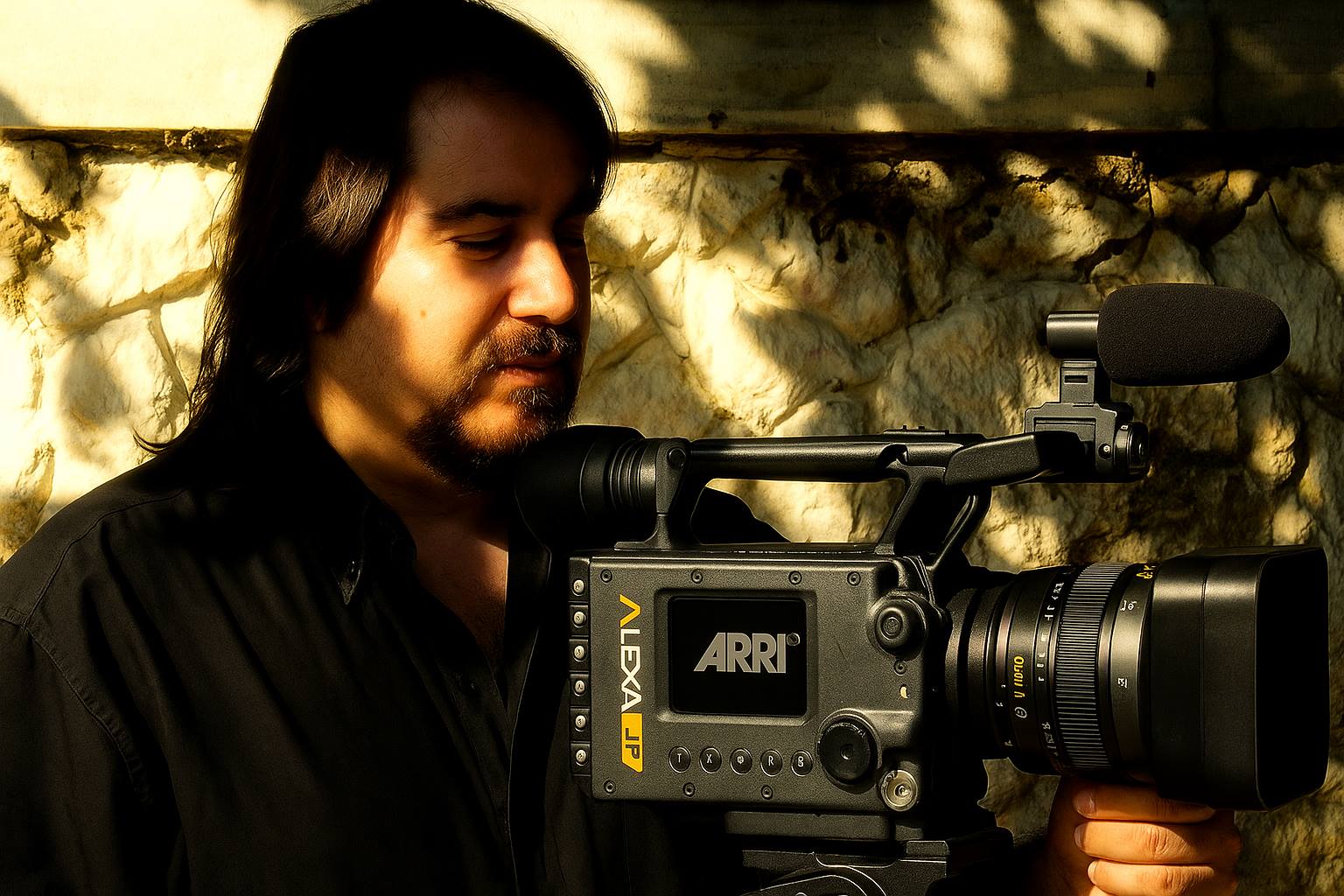 Take a Trip by Christos N. Karakasis is a film that cannot be approached through conventional terms of criticism. Rather, it demands a different mode of engagement, for it is not a “story” that unfolds on the screen but an essay in https://www.koyinta.gr/images and sounds.
Take a Trip by Christos N. Karakasis is a film that cannot be approached through conventional terms of criticism. Rather, it demands a different mode of engagement, for it is not a “story” that unfolds on the screen but an essay in https://www.koyinta.gr/images and sounds.
Karakasis follows the tradition of essayistic cinema, where narrative is fragmented, the logic of linear storytelling is suspended, and the film becomes a field of reflection. The camera does not simply record events but investigates ideas; the https://www.koyinta.gr/images do not serve as illustrations of a plot but as invitations for inner exploration.
The contribution of Vasiliki Kappa’s texts is crucial. Her writing, both poetic and philosophical, introduces a second layer of meaning. Her words do not “explain” what we see; instead, they shift, reframe, and re-signify it, opening space for new interpretations. It feels like a dialogue between thought and image—one that invites the viewer to become an active participant.
words do not “explain” what we see; instead, they shift, reframe, and re-signify it, opening space for new interpretations. It feels like a dialogue between thought and image—one that invites the viewer to become an active participant.
The film’s aesthetic—its black-and-white contrasts, its slow rhythms, its carefully crafted soundscapes—reinforces its essayistic nature. There are moments where silence speaks more powerfully than words, where an empty frame becomes a mirror of our inner landscape. This rhythm may not appeal to everyone; it requires patience, a disposition toward contemplation, and active participation. Yet those who surrender to its flow discover an experience that transcends the boundaries of traditional cinema.
Take a Trip has already proven its strength through an impressive international trajectory: screenings at over 120 festivals in 35 countries, more than 80 awards, and a groundbreaking record of continuous distribution at the Studio cinema in Athens, with uninterrupted screenings lasting over 95 weeks. These are not mere numbers—they testify to a film that resonates deeply with audiences seeking cinema that is substantive and essential, beyond easy consumption.
Christos Karakasis’ contribution is significant for Greek cinema, as he ventures into a genre rarely cultivated in the country: the essay film. With Take a Trip, he demonstrates that cinema can be a space for philosophical inquiry, poetic expression, and existential reflection.
It is not a film for everyone—but for those who follow its path, it will be remembered as an experience. Because Take a Trip does not take us to places; it takes us within ourselves.


